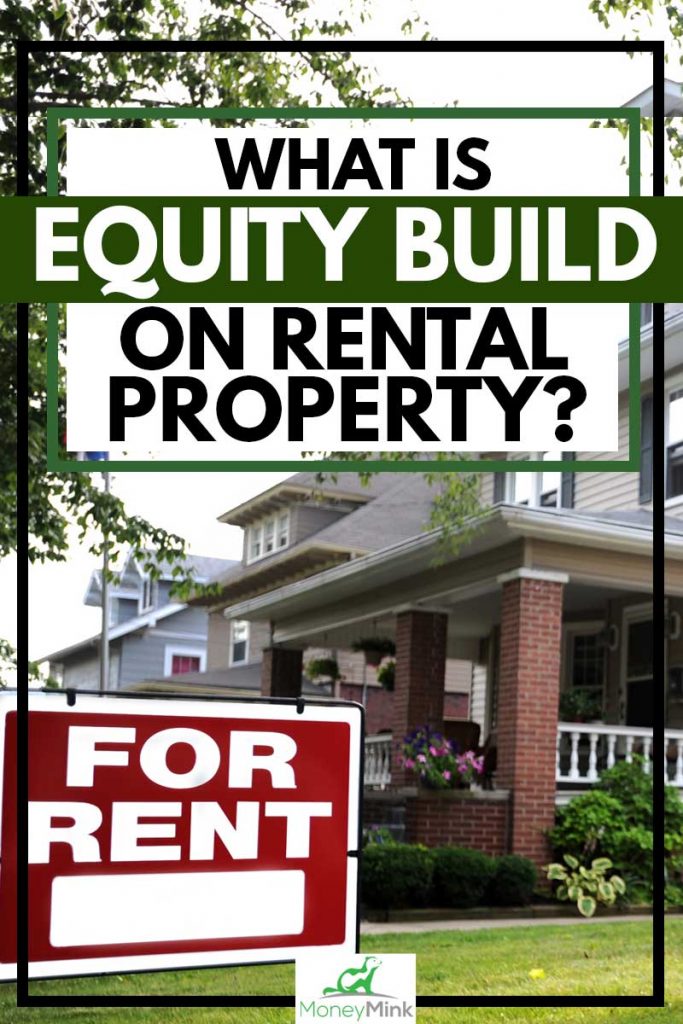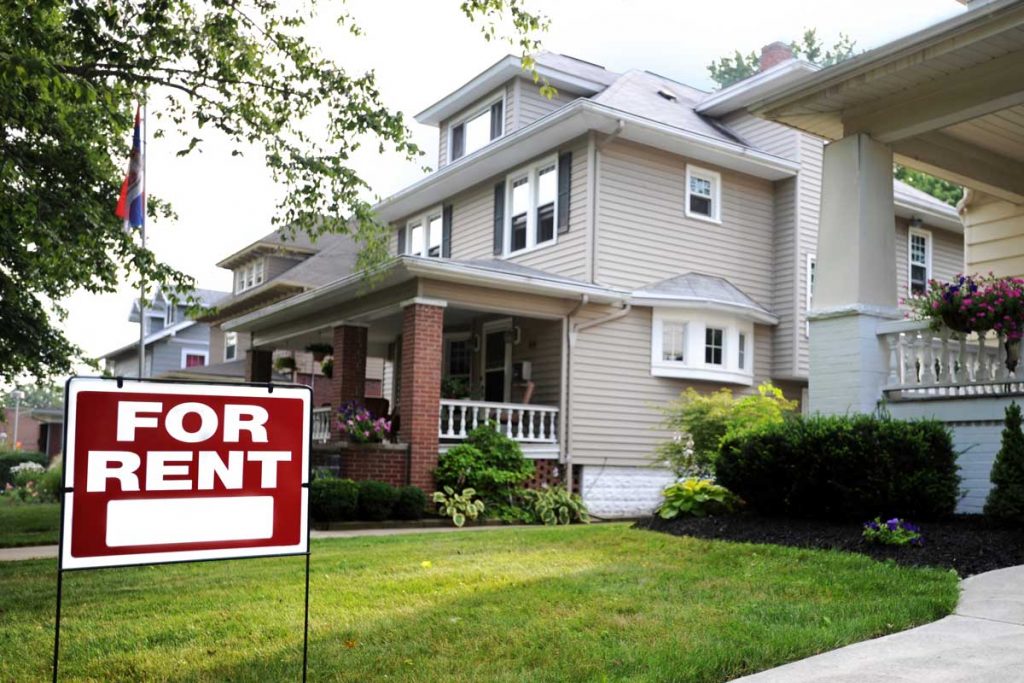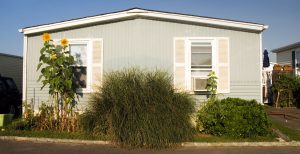Owning a rental property can be a reliable source of income, but you might be wondering what equity build is and how it matters. We've researched in-depth to provide the answers you need.
Equity build refers to the ratio between the money you have put into a mortgage versus the home's value. With a rental property, more equity build can mean more money to reinvest elsewhere.

Of course, there's more to it than sitting back and waiting for your property to start bringing in the cash. Read on for details on what equity build is on rental property and how much you should have.
What is Equity Build Up in Real Estate?
Equity in real estate refers to how much equity you have in the property. As you pay down the mortgage on the rental, you own a bigger slice of it.
Equity refers to the percent of the property that you have "paid off." So while you still owe on the remaining balance, you're building your ownership bit by bit.
The term also explains a positive balance in the value of the home versus the mortgage balance. The greater the difference between your mortgage (lower) and the property value (higher), the more equity you have by default.
On paper, higher equity looks good. In reality, more equity buildup means a higher payoff if you decide to sell. It also means you can borrow from yourself to benefit your other financial investments.
How Can You Build Equity in Real Estate?
There are at least two ways to build equity in your real estate ventures, whether you're living in the property or renting it out.
Make Mortgage Payments On Time
By making your mortgage payment on time, you're automatically building equity. It might not be the fastest way, but making regular payments is a reliable way to grow.
In most cases, you can also pay extra on your mortgage to build equity faster. Whether this makes sense will depend on your loan type, but a 30-year mortgage is typically agreeable to extra payments.
However, you need to make sure the lender receives the additional payments and applies them to the principal (instead of the interest). Because mortgages are amortized, you'll start by paying the interest off first. For extra payments to have an impact, you need them to go toward the principal.
Reading the fine print can be crucial in these instances. Plus, some types of loans have variable rates, which can impact your extra payments, too.
Refinancing isn't usually a good way to build equity, though lower payments might be appealing. Any time you 'mess with' the mortgage, you risk losing equity, especially when the bank's recalculations don't lean in your favor.
Increase the Property's Value
Another option is to increase your property's value to build equity. Because equity involves the difference between your mortgage balance and the home itself, making the home worth more is an excellent way to achieve equity buildup.
Improving your property can be as simple as making a few upgrades or as expensive as tearing out the kitchen.
However, the most significant improvements, such as updating the kitchen, adding square footage (often via a finished basement), installing energy-efficient add-ons, and choosing safety and accessibility features, often earn the highest increase in value.
Potential buyers also like to see additions like wood flooring, improved lighting features, and plenty of curb appeal.
What is Equity in Property Investment?
Generally, equity in property investment means the same as equity in real estate. The difference is that equity in real estate tends to refer to homeowners.
As a homeowner, the more equity you have in a house, the better your financial situation is in terms of financing options and the ability to borrow against the property.
In property investment, you're not living in the home you own. Instead, you own the property to rent it to tenants. Therefore, rental income is paying the mortgage. The scenarios are similar, but many people who own investment property go on to build their portfolios.
Building equity in your property investment can mean a more exceptional ability to reinvest in more properties. And the higher your equity in all the property you own, the higher the payoff if you decide to sell.
Even if selling isn't your ultimate goal, equity is still essential if you're planning on reinvesting it.
Interested in renting a home that you bought, even if you didn't intend to become an investor? In one of our previous posts, we answer the question, "Can I Rent Out a House I Just Bought?"
Why is Equity Build Up Good?
Equity buildup is a positive thing because it means you've put enough money into the property to get something back out. Since you own a percentage of the property, you can borrow against it if you need to take out a home equity loan or similar financial package.
Thinking about purchasing a second home? Learn how much of a down payment you need (and if you can use home equity toward it) in our related article, "How Much of a Down Payment Do you Need For a Second Home?"
Another perk of equity buildup is the more you have, the higher your potential profit if you decide to sell the property. Homeowners may find themselves 'upside down' on a mortgage. Typically, this happens because the value of the home is lower than the mortgage balance.
But equity is the opposite; it means the value of the home is higher than the mortgage balance. Even if your home's value isn't going up, the more you pay down the mortgage, the better your equity scenario.
How Much Equity Should You Have in Rental Property?

While homeowners may worry about equity since they want to borrow against it, landlords have a different take. The higher your equity in a rental property, the more money is accessible to you for purchasing more real estate or investing it elsewhere.
Therefore, landlords will want to achieve equity faster and to a higher level. That said, most investors don't want to let the money rest once they build equity.
Instead, they aim to pull all the available equity to expand their portfolios, if investors' forum responses are anything to go by. For someone who wants to increase their ownership of rental property, using the equity makes more sense than building it in a property they don't plan to live in.
Overall, most property owners tend to aim for very little equity in a property (aside from 20 percent with their down payment on a conventional loan). Then, they use whatever they build as quickly as possible for a better return on investment.
What is the 2% Rule in Real Estate?
The 2% rule in real estate refers to how much rental income a property generates versus its purchase price. To determine the ideal rental amount, calculate two percent of the purchase price (or higher). For a home that costs $100,000, your rental income would need to be $2,000 or higher.
However, depending on where the property is located, plus its condition and any repairs necessary, you would need to be supremely lucky to achieve the 2% threshold. 1% is another common rule in real estate that is often more feasible for investors without a ton of cash to improve a property.
That said, rental rates in the US saw a steady increase throughout 2019. This is ideal for investors aiming to hit that 2% rule, but not so ideal for renters.
However, it's ultimately up to your discretion whether to aim for the 2% rule or not. Each investor can choose how to manage their portfolio. And the truth is, changing market conditions (along with changes in buyers' preferences) can shake things up significantly no matter how much equity you build.



